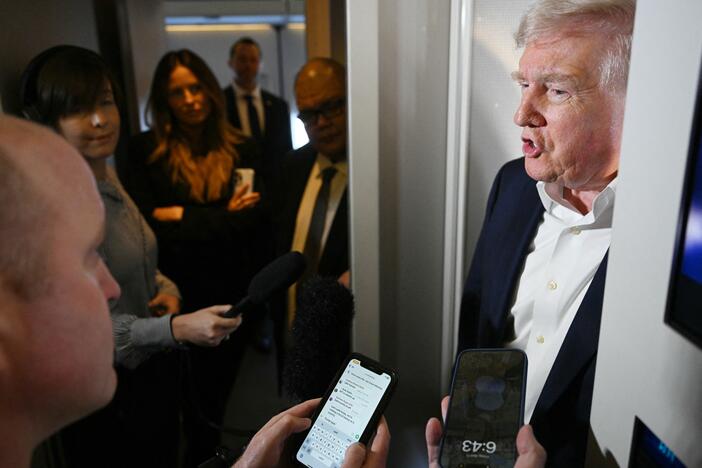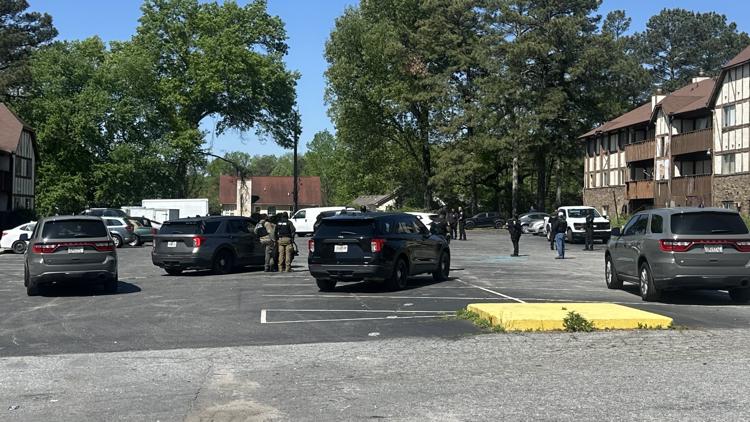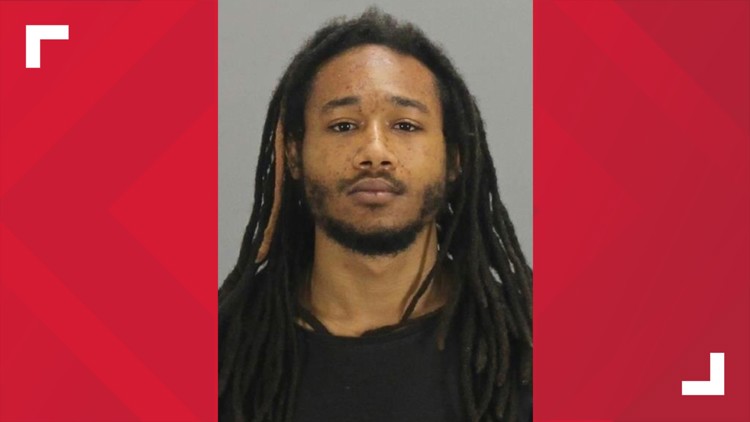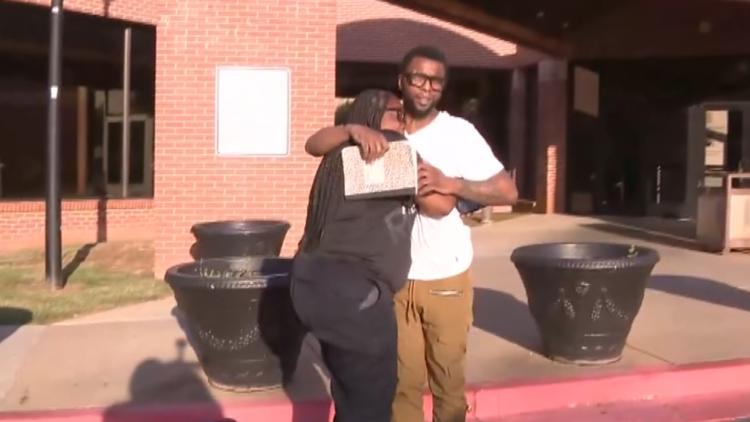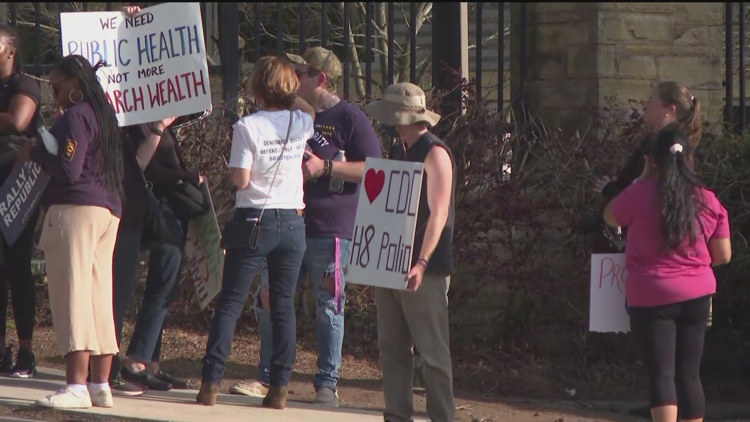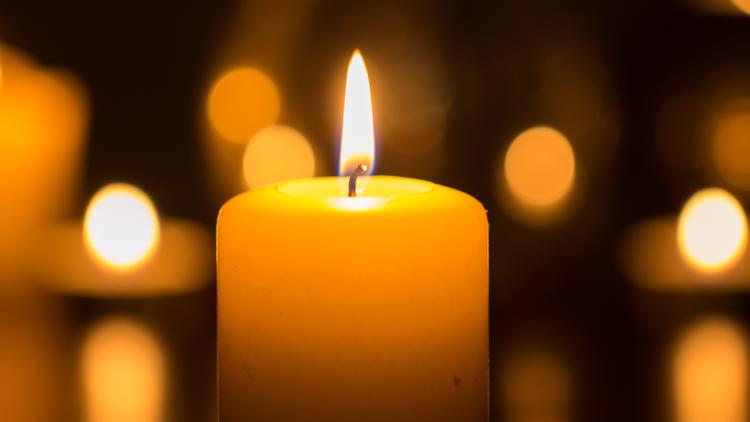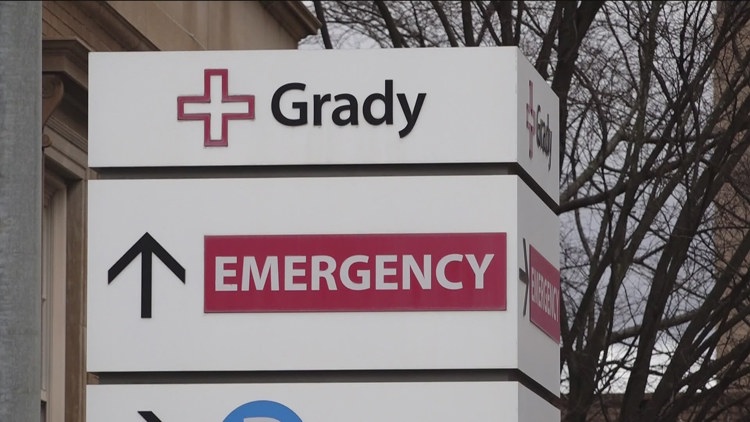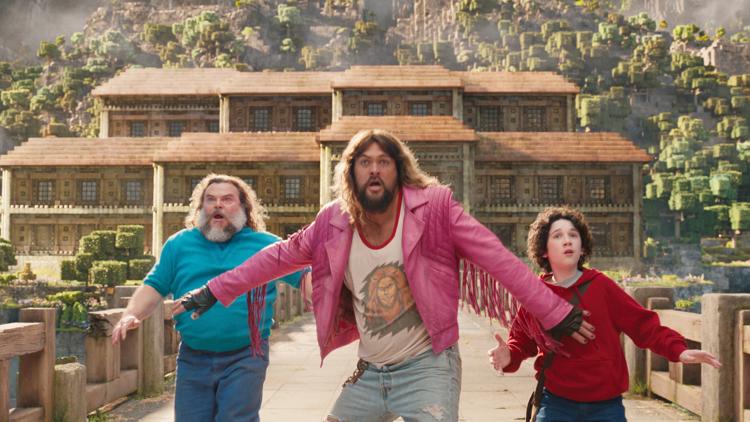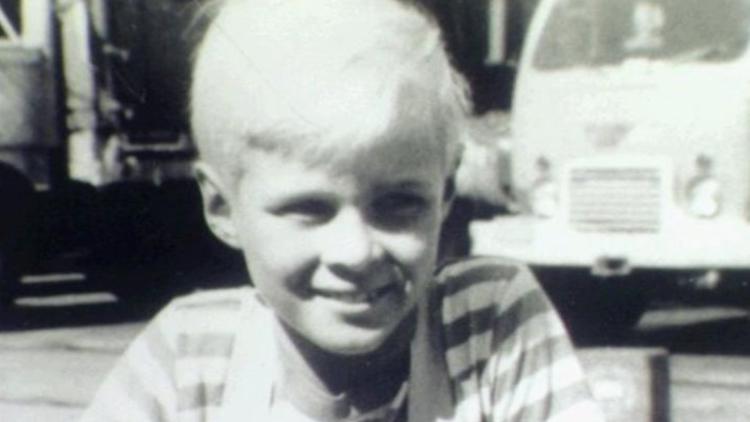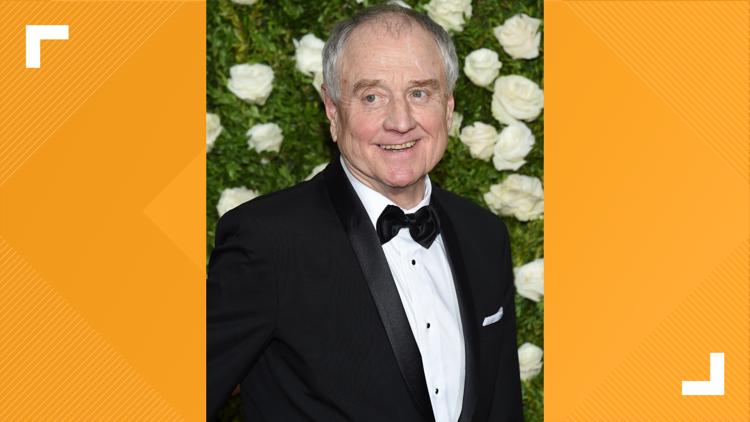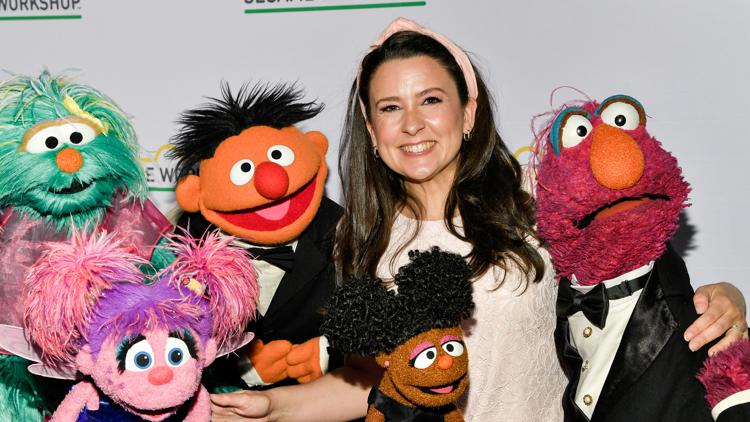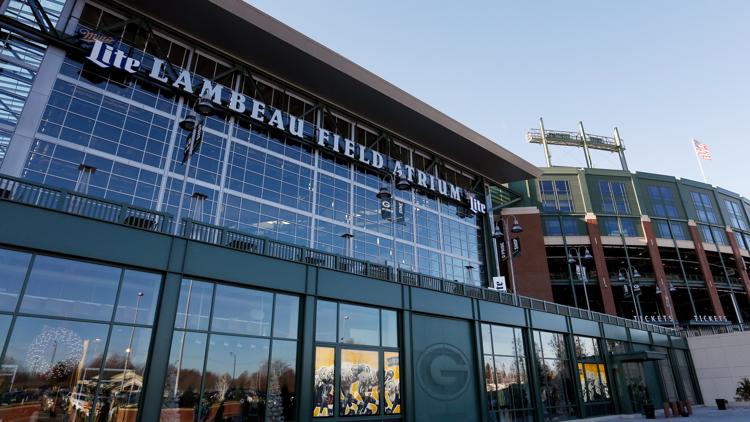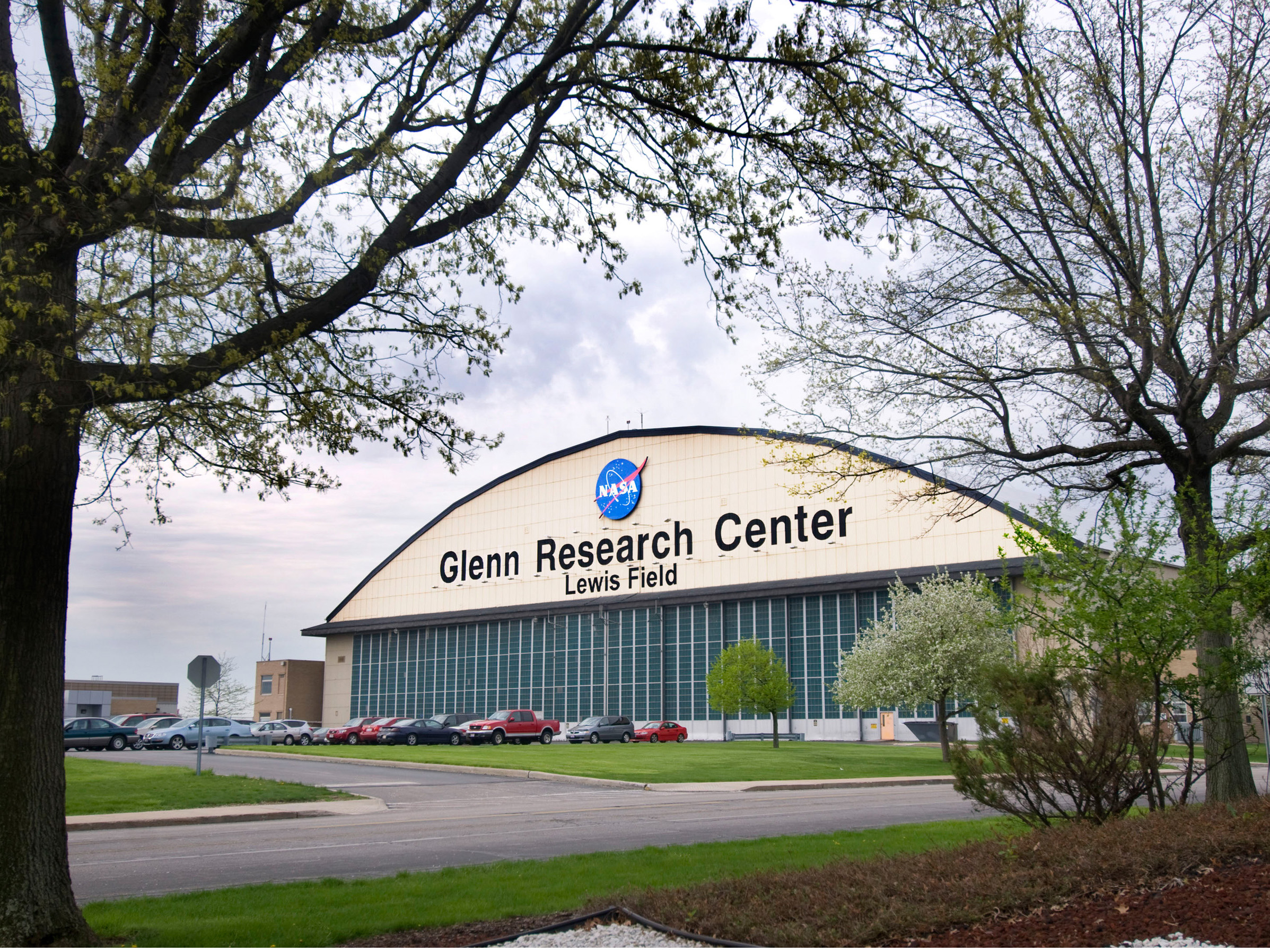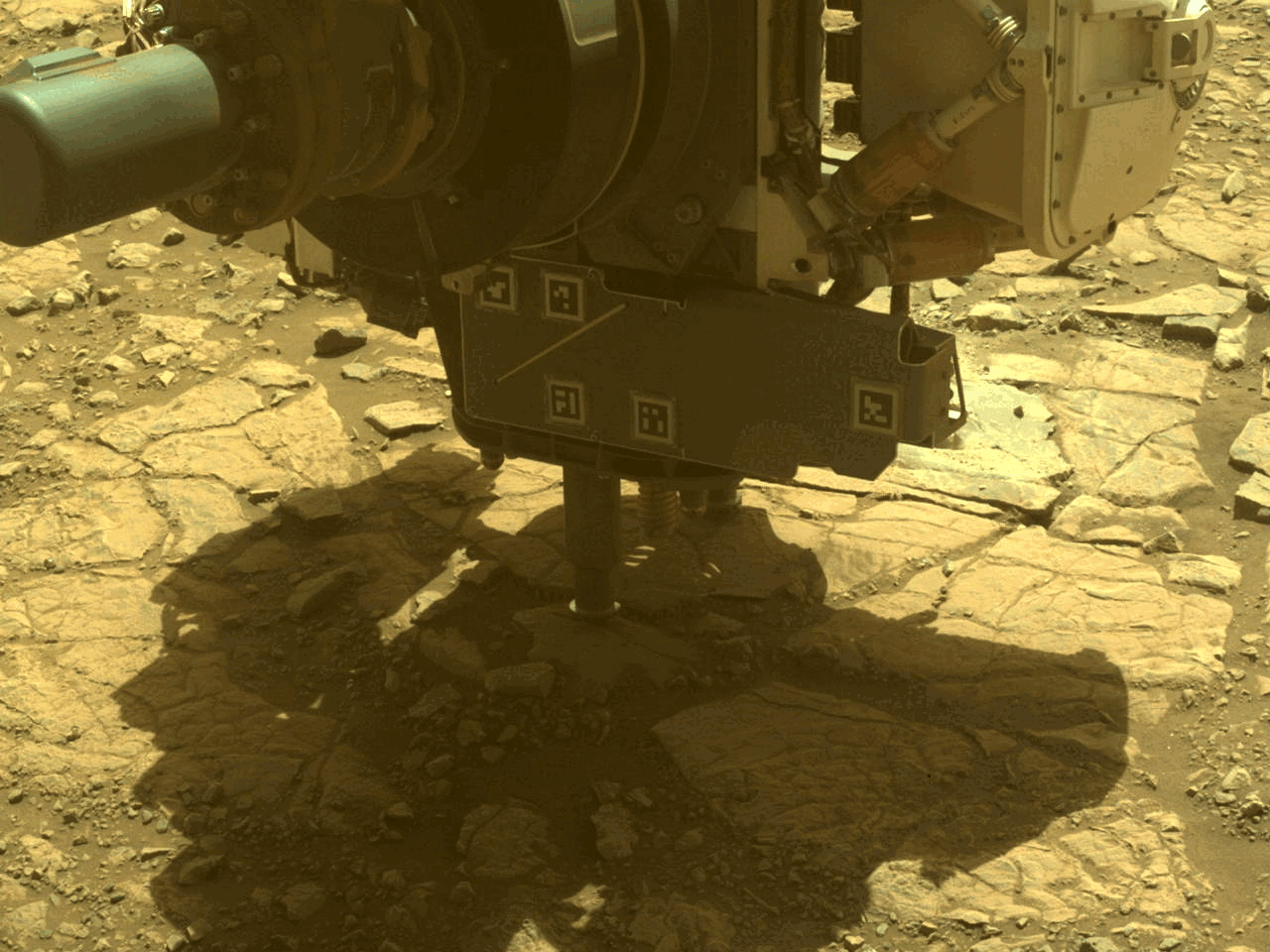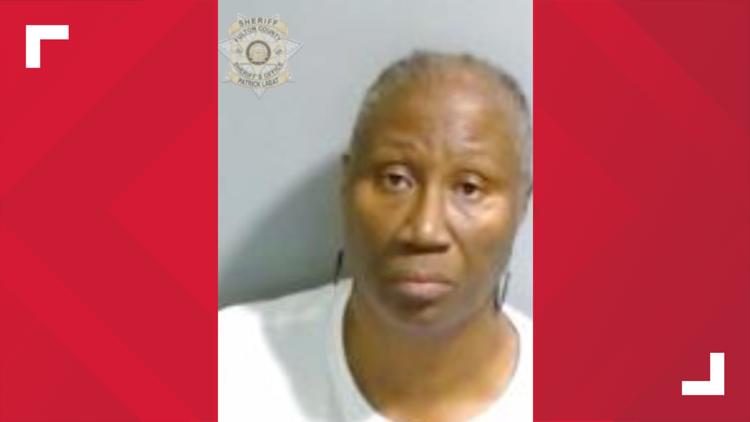Trump’s Iran talks raise big questions on Capitol Hill
President Trump is set to open direct talks with Iran this weekend in a high-stakes push for Tehran to give up its nuclear weapons ambitions, raising a chorus of questions and concerns from lawmakers in both parties. Iran on Monday said the “high-level talks,” set to start in Oman on Saturday, would be indirect, seeming...

President Trump is set to open direct talks with Iran this weekend in a high-stakes push for Tehran to give up its nuclear weapons ambitions, raising a chorus of questions and concerns from lawmakers in both parties.
Iran on Monday said the “high-level talks,” set to start in Oman on Saturday, would be indirect, seeming to contradict Trump, who said on Monday, "We're having direct talks with Iran.”
It’s also unclear if the president is looking to limit Iran’s nuclear capabilities — similar to the Obama-era agreement he trashed in 2018 — or demand the full destruction of its facilities.
Rep. August Pfluger (R-Texas), chair of the influential Republican Study Committee, said anything short of a nuclear disbandment was unacceptable.
“A full commitment that they, not just when Trump is president, but whoever follows President Trump is there, that there is a firm commitment, and we know, we can verify, and there's a complete dismantlement of their nuclear enterprises,” he told The Hill.
The uncertainty over Trump’s endgame has strained relations with Israel, which is wary of any U.S. engagement with Iran, a sentiment shared by many on Capitol Hill.
“I worry a little bit that this seems to be done, almost going around Israel,” said Sen. Mark Warner (D-Va.), the ranking member of the Senate Select Committee on Intelligence.
“I just worry that with the complete disruption of most of our alliances, I think our negotiating position is weakened,” he added.
Israeli Prime Minister Benjamin Netanyahu called for the full dismantling of Iran’s nuclear program while sitting next to Trump in the Oval Office on Monday, saying he wants to see the “Libya model” applied to Israel’s top adversary.
Trump has warned that "Iran is going to be in great danger" if the talks fail. And Netanyahu has long been mulling an assault on Iran’s nuclear facilities — though such a major move would be unlikely without some level of U.S. backing.
The fact the talks are happening at all signals that pragmatic voices in Trump’s ear are winning out over Iran hawks, at least for the moment.
Steve Witkoff, Trump’s special envoy for the Middle East and point person on talks with Russia over its war in Ukraine, is now taking on the Iranian file.
In an interview with Tucker Carlson late last month, Witkoff called for a “verification program, so that nobody worries about weaponization” of nuclear material.
Sen. Tommy Tuberville (R-Ala.), chair of the Senate Armed Services subcommittee on personnel, said a verification program would be “hard to do,” and that he would prefer a deal dismantling all of Iran’s nuclear program.
“But I’m all for it if we can verify it,” he added.
Sen. Jim Risch (R-Idaho), chair of the Senate Foreign Relations Committee, said the U.S. and Israel are in lockstep in their view that Iran can never be allowed to have a nuclear weapon, but “there's different ways to get to the same objective.”
Sen. Roger Wicker (R-Miss.), chair of the Senate Armed Services Committee, said he doesn’t trust Iran to keep any promises.
“My expectations are that we should be very, very careful,” he said.
Iran’s nuclear program is far more advanced than when the Obama administration began negotiations in 2013 for the Joint Comprehensive Plan of Action (JCPOA), which was signed in 2015 and then scrapped by Trump three years later.
Experts and intelligence assessments say Tehran likely can now accumulate enough fuel for a bomb within a few weeks, and construct a weapon in a few months. In 2013, Iran was assessed as being about a year away from producing enough fuel for a nuclear weapon.
“In terms of its nuclear bargaining chip, Iran is in a much stronger position, it has a much bigger program than it did leading up to the JCPOA,” said Sina Toossi, senior nonresident fellow at the Center for International Policy.
“That program is much closer to building a bomb if they decided to weaponize it — which they have not decided according to U.S. intelligence.”
But Iran has also lost key leverage over the past year, with the weakening of its proxies across the Middle East amid a multifront war against Israel, and the ousting of long-time Syrian dictator Bashar Assad. Israeli strikes also took out Iran’s primary air defenses in airstrikes in October, and Tehran avoided escalating in response.
“Iran’s other sources of strength, and you can argue leverage in terms of negotiations with the U.S., has been its regional influence,” Toossi said. “On those fronts Iran has certainly weakened.”
Iran is also suffering under the U.S. sanctions regime, with the Iranian currency last week reaching its lowest level compared to the dollar, Iranians facing high inflation, and the government reportedly struggling to provide electricity services and water for its population.
“The Iranian economy, it has survived vis-a-vis economic sanctions that have been imposed, especially since 2018, but not at a level where it can develop in a way that meets the needs of its people,” Toossi said.
Iranian Foreign Minister Seyed Abbas Araghchi, who is expected to participate in the talks on Saturday, said Tehran views its communication with the White House over the past few months — in messages and letters — as a “genuine attempt to clarify positions and open a window toward diplomacy,” in an article published Wednesday in The Washington Post.
And Araghchi appealed to Trump’s appetite for dealmaking, saying U.S. business cooperation with Iran presents a “trillion-dollar” opportunity. Trump has mused that Iran could be a signatory to the Abraham Accords, the agreement that opened up diplomatic and trade ties between Israel and some Arab countries.
Witkoff, in the Carlson interview, said Trump has acknowledged that he’s open to an opportunity to “clean it all up with Iran, with a comeback to the world … and grow their economy.”
Part of Trump’s reasoning in leaving the JCPOA — which traded sanctions relief for verifiable limits on Iran’s nuclear program — was that the deal did not address Tehran’s missile program or its support for armed proxy groups designated as terrorist organizations.
It’s not clear how much Trump will budge on those issues.
Secretary of State Marco Rubio, during his Senate confirmation hearing, said under "no circumstances" should Iran have nuclear weapons capability, be allowed to sponsor terrorism, or have the military capability to threaten or destabilize the region or the U.S.
But Toossi said Iran has little to no choice in rejecting maximalist U.S. demands.
“I think that if they were to choose between dismantling their nuclear program, and totally surrender to all these maximalist demands out there, I think this current supreme leader [85-year-old Ayatollah Ali Khamenei] would choose a military confrontation,” he said
“But when it comes to just the nuclear issue, getting something like the JCPOA in exchange for sanctions relief, they are open to that.”
Both sides are setting low expectations heading into the weekend.
State Department spokesperson Tammy Bruce on Tuesday said the meeting was not a “negotiation,” but rather a chance for both sides to “touch base.”
And Araghchi said Trump’s threats of military action need to be taken off the table for any talks to begin in earnest.
“To move forward today, we first need to agree that there can be no ‘military option,’ let alone a ‘military solution,’” he wrote.
“Mark my words: Iran prefers diplomacy, but it knows how to defend itself. We have not yielded to threats in the past, and we will not do so now or in the future. We seek peace, but will never accept submission.”
What's Your Reaction?







